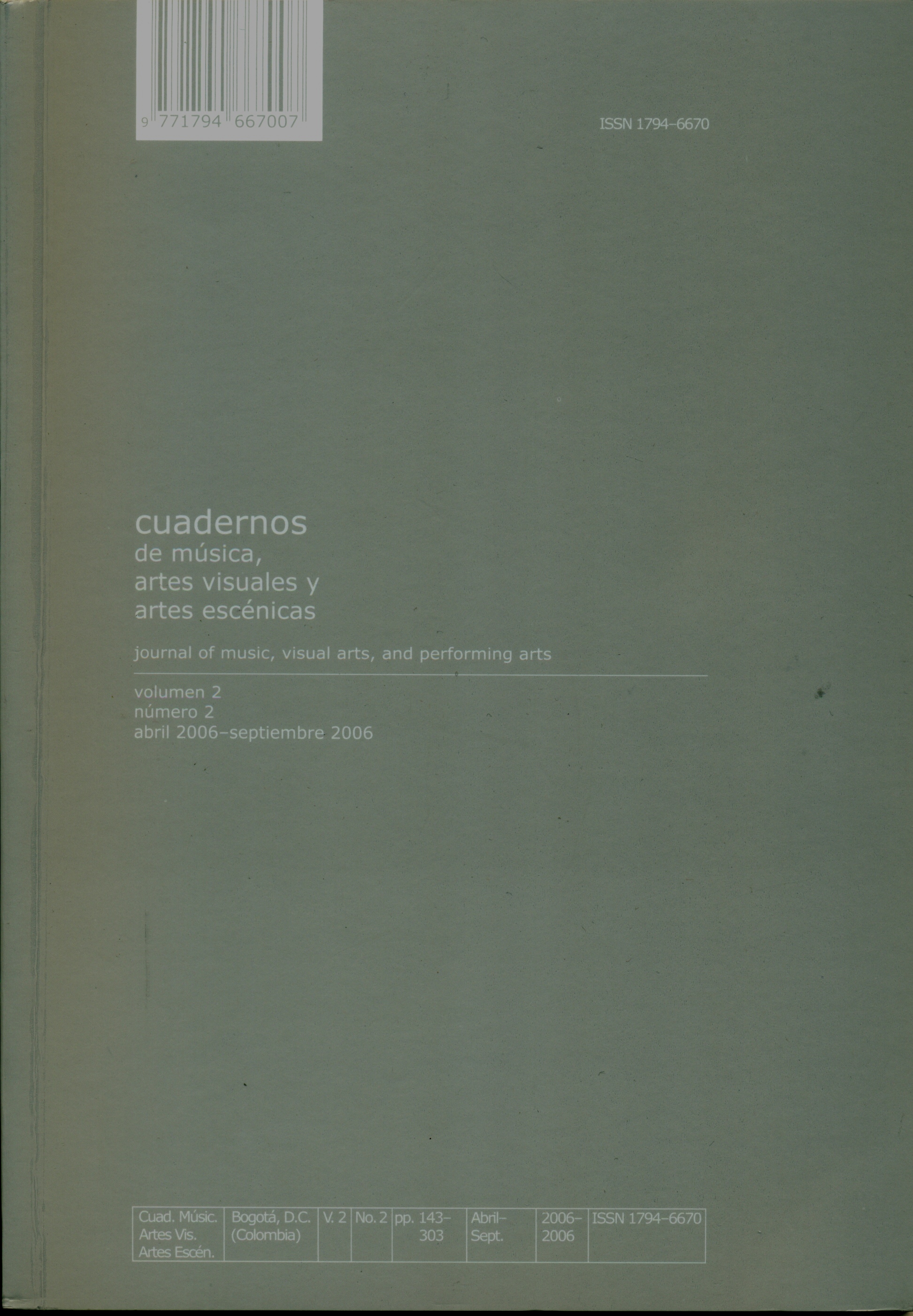Abstract
The road movie is one of the most important American film genres. Although it has a long and complex history, only until relatively recently has this genre started to arouse the interest of specialists. The objective of this paper is to sketch a definition of the road movie –elaborated through a review of the most salient literature on the subject published so far– which takes into account the genre’s correlations with American social, cultural and film history. My reflection complies with the latest advances in film genre theory which, rejecting monolithic definitions, tend toward a more dynamic conception of the notion of genre. Because of its complexity and its hybrid character, the road movie is particularly difficult to define and requires an approach to the concept of film genre that allows mixing textual analysis with cultural studies. That is why this paper will propose an archaeology of the genre, outlining a panorama of some of the historical and aesthetic traditions that were fundamental in its emergence. Likewise, I will study the relation between two works considered by critics to be the foundational texts of the road movie: Easy Rider (Dennis Hopper, 1969) and the novel On the Road (Jack Kerouac, 1957). My article seeks to demonstrate that the road movie is not only a way of making films and thinking of them, but also one of the most profitable ways of thinking of the United States and its civilization through cinema.This journal is registered under a Creative Commons Attribution 4.0 International Public License. Thus, this work may be reproduced, distributed, and publicly shared in digital format, as long as the names of the authors and Pontificia Universidad Javeriana are acknowledged. Others are allowed to quote, adapt, transform, auto-archive, republish, and create based on this material, for any purpose, provided the authorship is duly acknowledged, a link to the original work is provided, and it is specified if changes have been made. Pontificia Universidad Javeriana does not hold the rights of published works and the authors are solely responsible for the contents of their works; they keep the moral, intellectual, privacy, and publicity rights.
Approving the intervention of the work (review, copy-editing, translation, layout) and the following outreach, are granted through an use license and not through an assignment of rights. This means the journal and Pontificia Universidad Javeriana cannot be held responsible for any ethical malpractice by the authors. As a consequence of the protection granted by the use license, the journal is able to publish retractions or to correct information already published. Publishing contents in this journal does not generate royalties for contributors.


